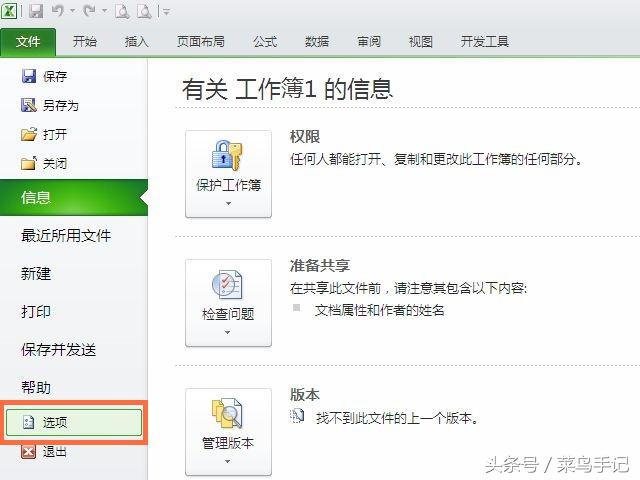中华传世词选(中华文化专词双译华夏)

图片来源:学习强国
古代居住于中原地区的汉民族先民的自称。最早称“华”“诸华”或“夏”“诸夏”。“华夏”实际表达的是以汉民族为主体的中原先民对其共同的生活、语言、文化特征的一种认同和传承。秦建立以华夏为主体的统一的多民族国家以后,华夏才成为比较稳定的族群。自汉代以后,华夏又有了“汉”这一名称与之并用。后来华夏进一步引申为指中国或汉族。
The forefathers of the Han people living in the Central Plains referred to themselves by this term. Earlier on they called themselves Hua (华), Zhuhua (诸华), Xia (夏) or Zhuxia (诸夏). The term Huaxia (华夏) embodies the common identity of the way of life, language, and culture of the people living in the Central Plains, mainly the Han people, and the inheritance of such identity. The Huaxia people evolved into a fairly stable ethnic group in the Qin Dynasty, which established a unified country of many ethnic groups with Huaxia being the principal group. In the Han Dynasty, the term Han became an alternative name of Huaxia. Later, the term Huaxia was extended to refer to China or the Han people.

◎夏,大也。中国有礼义之大,故称夏;有服章之美,谓之华。华夏一也。(《左传·定公十年》孔颖达正义)
夏的含义是“大”。华夏族的礼仪宏富伟大,所以称为“夏”;华夏族的衣服华美出众,所以称为“华”。“华”与“夏”是同一个意思。
The Chinese character 夏 (xia) means big and great. Since the ancient Huaxia people practiced grand and elaborate rituals, they called themselves Xia (great). Their dresses were resplendent, so they were referred to as Hua (splendid). Therefore, both Hua and Xia refer to the Han people. (Kong Yingda: Correct Meaning of Zuo's Commentary on The Spring and Autumn Annals)
(推荐:教育部 国家语委 供稿:北京外国语大学 外语教学与研究出版社)
,免责声明:本文仅代表文章作者的个人观点,与本站无关。其原创性、真实性以及文中陈述文字和内容未经本站证实,对本文以及其中全部或者部分内容文字的真实性、完整性和原创性本站不作任何保证或承诺,请读者仅作参考,并自行核实相关内容。文章投诉邮箱:anhduc.ph@yahoo.com






